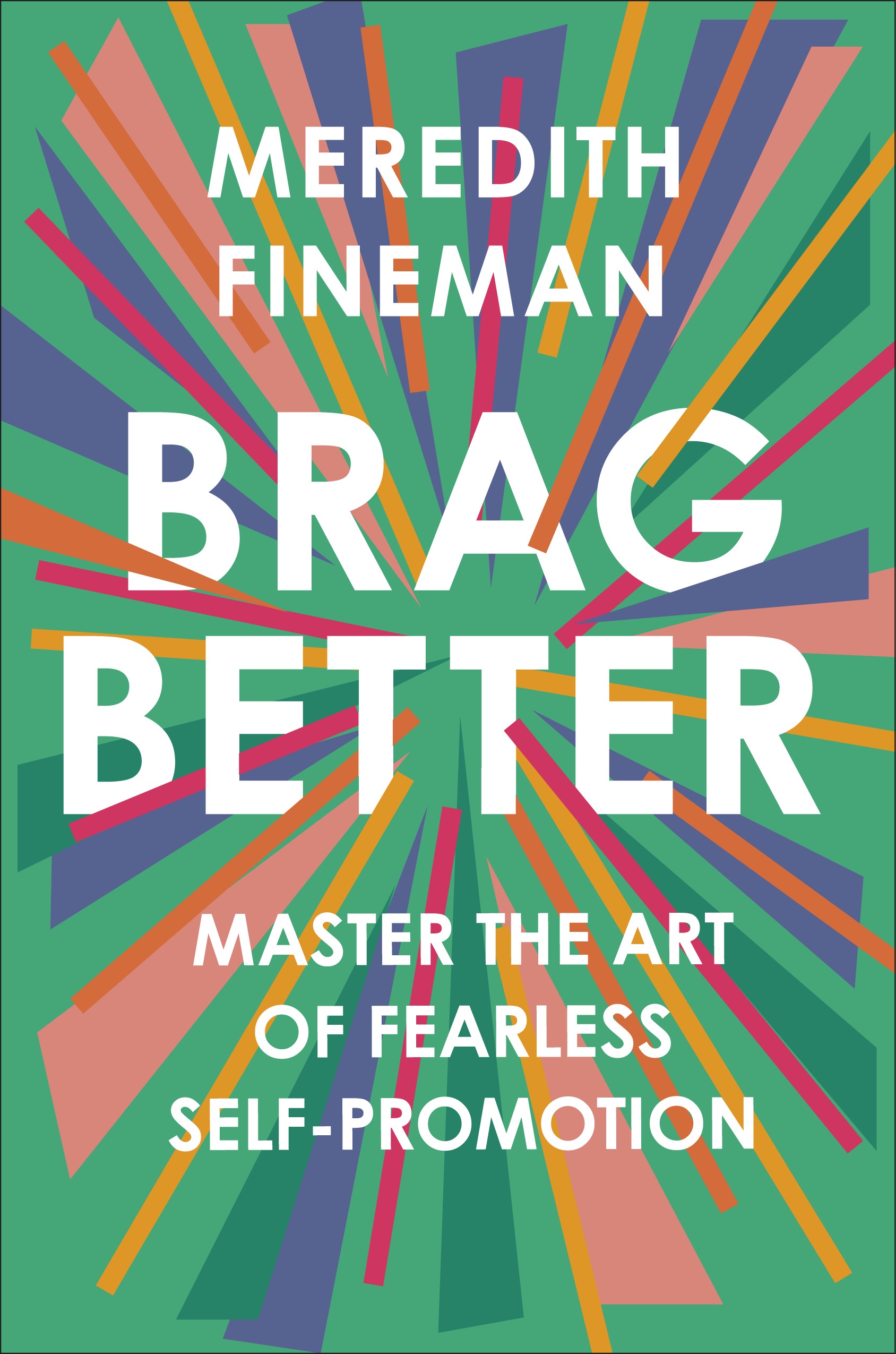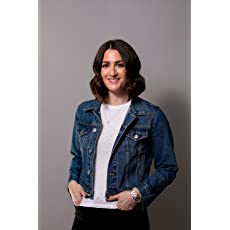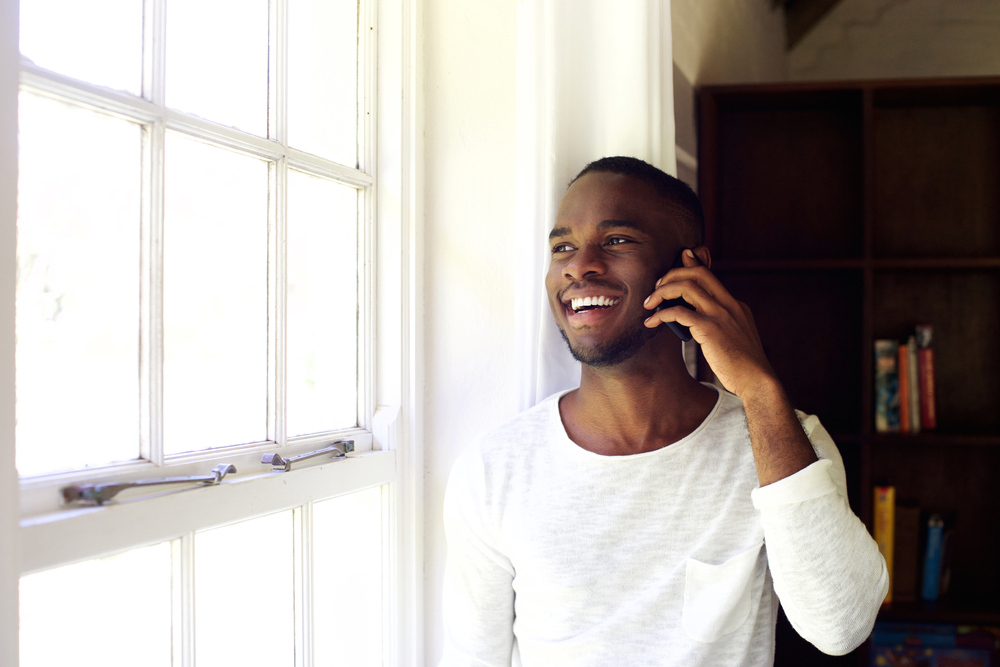There is no such thing as the perfect brag. However, there are four elements that can make constructing a good brag easier. How you use these four elements will heavily depend on the scenario, too. Sometimes you really want to ham it up (that’s me, often — in case you can’t tell, I love attention). Sometimes you want to be firm, or more gracious and deferring, but it’s up to you. You are in the driver’s seat here.
THE DNA OF A GREAT BRAG: GRATITUDE, PRIDE,
PRESENTATION, AND SHOWMANSHIP
First and foremost, Bragging Better is the interplay of your internal dialogue, how you feel about yourself and your work, your outward performance, and how you communicate that to others. I begin my bag essentials with how you feel on the inside.
The four elements required for a good brag are gratitude, pride, presentation, and showmanship. Think of them as a rubric — you’re not married to it, but you’re kinda dating. They don’t all have to be used every time you talk about yourself, but they are an important inflection point to think about when you do speak up. They can be used in any combination or alone.
Gratitude
It’s amazing what happens when you decide to be grateful and vocalize it. I’ve found that when I emphasize gratitude, it engenders feelings of joy both in myself and those around me. That’s a broad net to cast, but it mostly means recognizing what you’ve got going on and feeling groovy about it.
Be thankful when sharing about yourself. You’ve chosen to show up here, put your big girl (or boy, or nonconforming) pants on, and do the damn thing. Congrats! Each win — big or small — required your hard work and that of others. Step back and look at what you’ve accomplished to calibrate where you are and feel good about it. Gratitude can also mean saying thank you to yourself and those around you every once in a while. It can be hard to do, but it’s pretty rewarding. It puts you in a positive mindset to be thankful for where you are, where you’ve come from, and where you’re going. You might feel like you haven’t “gotten” anywhere because you are inundated by the “shiny” brags posted across the internet. Guess what: there isn’t really a firm arrival point for any of us, so there is no true “getting” anywhere.
Gratitude can be incredibly difficult when it feels like other people around you are succeeding more than you are. It can feel really crappy, at the time. I get it. I regularly look at someone’s Instagram or new company and think he or she is just plain better than I am, or prettier, or has cuter outfits. And every time I do it, I feel worse. Practicing gratitude — being thankful and grateful for the amazing things I do have versus what I don’t — might seem like an empty suggestion for making yourself feel better, but it actually works. When we live in a culture of new, now, and next, gratitude can be extremely difficult to hold on to. It’s a muscle you need to train.
Gratitude takes time and practice. Search for what you’re grateful for in your work. I often make a list and include everything that I’m grateful for, no matter how small a feat or characteristic it might seem. My list might include “I finished writing that article today,” or “I made my bed today,” or “I love my dog so much I could just explode.” Whether you’re grateful you got through a speech or even got through a tough meeting, little wins build up to big ones. And reflecting on that is a great practice so that you don’t forget where you’ve come from. I need reminding of that, too.
A healthy attitude of gratitude also makes a really good practice for being conscious of what you are appreciative of in your life and what makes you feel better. A roundup of several research studies in Harvard’s Healthbeat newsletter found that “giving thanks can make you happier.” Speaking of gratitude, thank you for reading this book! I would be so grateful if you bought one for a friend. Wink, wink.
Here are some suggested words and phrasing for showing gratitude when sharing a brag:
- I’m so thrilled and grateful that my idea made it into the main project presentation. It looks great. How can I make sure that happens again?
- I loved working with this client, and I think he liked
my work, too. I was so thankful for that opportunity. I’d love to have a chance to lead a project with a similar client.
- Thank you so much for singing my praises in that meeting. It made me feel good and that my work matters.
- I am so thankful to share the video from a panel I participated in.
- I’m honored to be a part of this list of executives in my industry.
- Thank you so much for featuring me. And on your cover, no less! If the twelve-year-old me knew this, she’d be freaking out right now.
- Can’t believe I get to be in this room of amazing women. I’m so grateful.
Make sure that the language you use matches what you use in regular conversation. If your coworkers regularly hear you say that you are honored, thankful, and fortunate in relation to non-brags, then this phrasing will sound authentic. If those around you only associate this language with your brags, you will sound disingenuous.

Follow us here and subscribe here for all the latest news on how you can keep Thriving.
Stay up to date or catch-up on all our podcasts with Arianna Huffington here.


